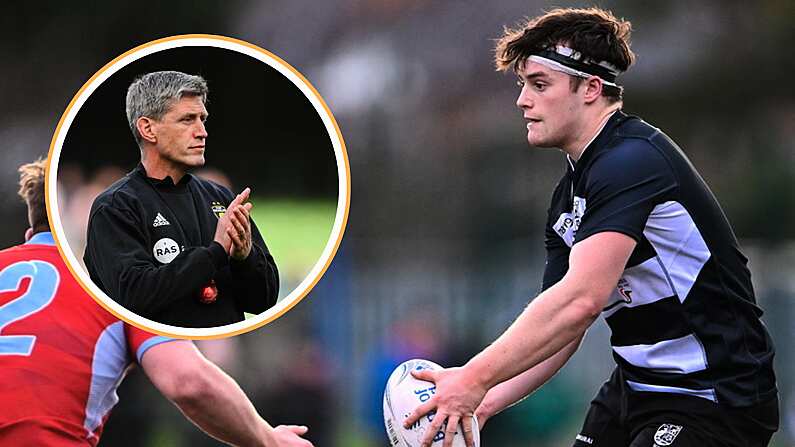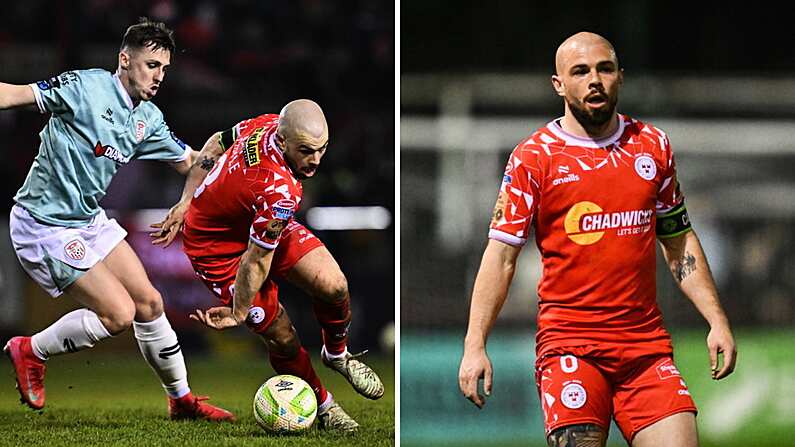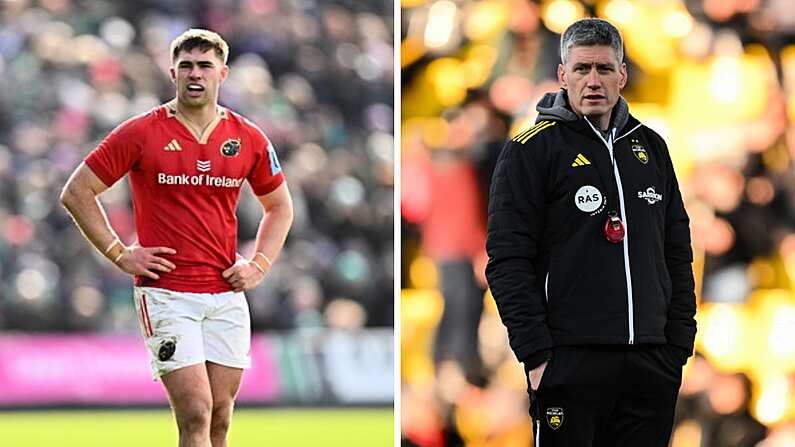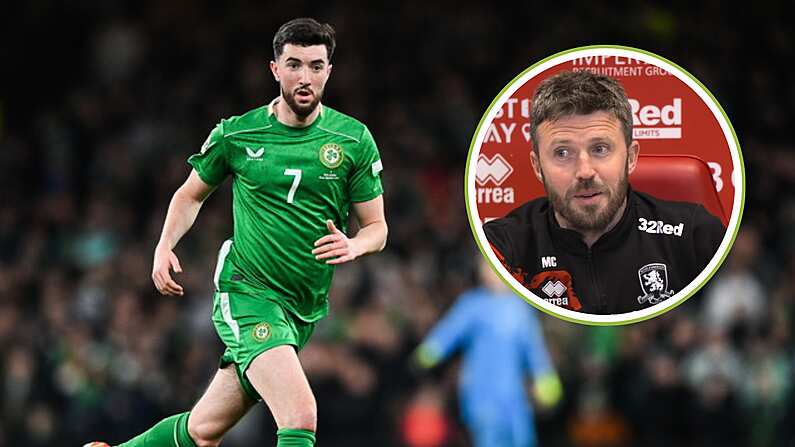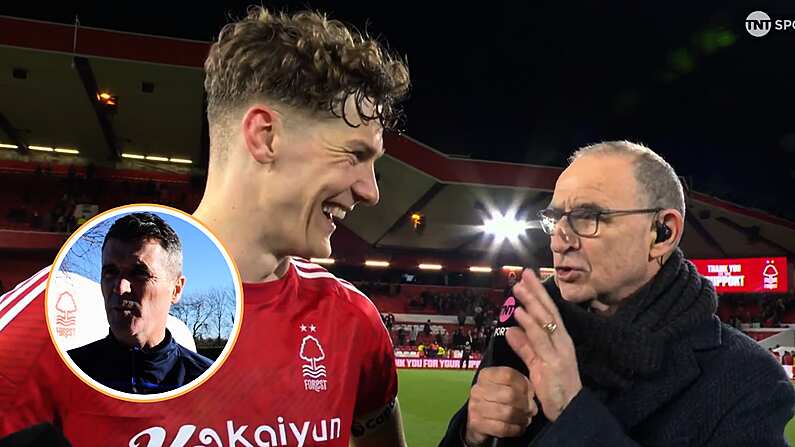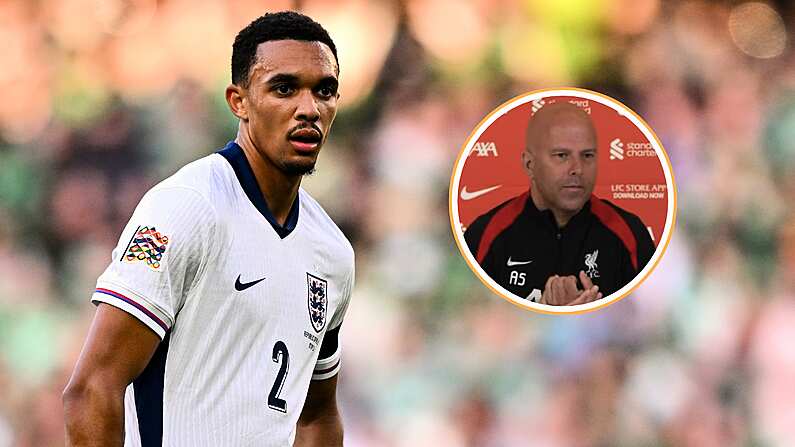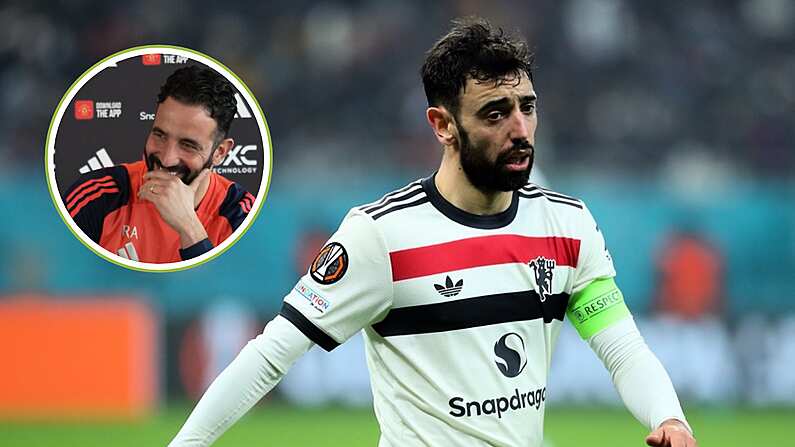With Unai Emery being sacked Arsenal as boss, one of the great footballing traditions has continued. We're not talking about clubs firing their coaches, although that has quickly become a custom in its own right.
With the Spaniard failing in his attempts to successfully replace Arsene Wenger, he has fallen victim to one of the sport's longstanding customs. It seems like in the majority of cases those who succeed legendary managers are unable to carry on what had been done in previous regimes.
While this is becoming less prevalent in modern football due to the shorter nature of managerial tenures, a look back at the history books reminds us that this has long been an issue.
Is this a trend in football? As the below examples show, the successes of those involved can vary wildly.
Don Revie & Brian Clough (Leeds United)
Perhaps the most famous example of all. Don Revie established himself as a legend at Leeds United, winning two league titles and an FA Cup during his 13-year stint in charge.
The club's decision to replace him with Brian Clough seemed an odd one at the time, especially when you consider the former Derby boss had been highly critical of both Revie and Leeds in the past. His time in charge was nothing short of a disaster.
It is expertly retold in The Damned United, which captures the chaos of Clough's 44 days in charge. A story of this drama was always going to have a remarkable end. The interview with the pair on Yorkshire television on the day of Clough's sacking will go down in history as perhaps the greatest piece of television ever recorded.
Matt Busby & Wilf McGuinness (Manchester United)
Matt Busby made Manchester United the superpower they would become. Not only did he lead them to their maiden European Cup win in 1968, he did so in the shadow of the Munich air disaster that resulted in the club tragically losing much of their playing staff.
When he chose to retire in 1969, he was replaced by reserve team coach Wilf McGuinness, who was only 31-years old at the time. Despite inheriting a team that had won a European Cup only a year previously, McGuinness could only muster an eighth place finish.
He lasted until December of 1970, when he was replaced by the returning Busby. He was unable to halt the slide, however, a run which eventually culminated in the club's relegation in 1974.
Bill Shankly & Bob Paisley (Liverpool)
One of the few success stories, Paisley capitalised on the foundations built by Shankly. While he was never able to lead Liverpool to European Cup glory during his 15-year spell in charge, his successor won three European Cups in the space of only five seasons.
When Paisley stepped aside, Joe Fagan won a European Cup of his own. The 'boot room' culture at Liverpool would die out eventually. The appointment of Roy Evans was the last of that nature, with Liverpool's refusal to adapt a major factor in their sudden decline in the 1990s.
Alf Ramsey & Don Revie (England)
Whereas Brian Clough failed to fill Revie's boots at Leeds, he suffered a similar fate in his move to the national team. Ramsey stepped aside a legend having led the country to World Cup triumph in 1966 and it was hoped Revie's successes at club level would lead to even more trophies.
It certainly didn't work out that way, with the manager lasting only three years. He failed to qualify for both Euro 1976 and the 1978 World Cup in that time.
His time in charge of the country ended on a sour note, with Revie attempting to get out of his contract to take charge of the UAE. He was suspended from English football for ten years as a result and would never work in the country again.
Arrigo Sacchi & Fabio Capello (AC Milan)
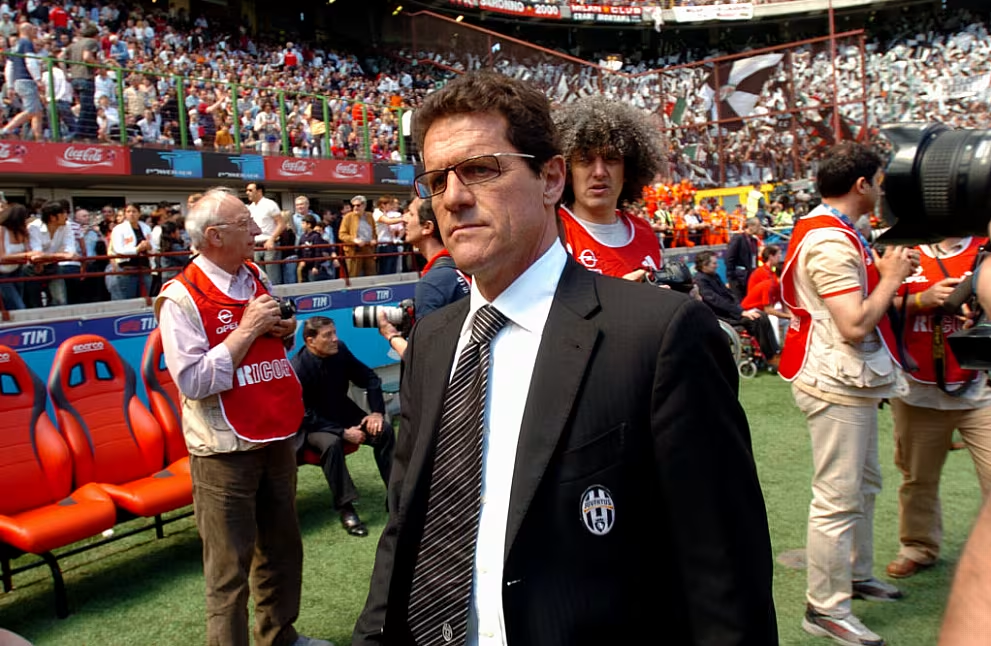
Sacchi was only at the San Siro for four years, but he revolutionised the club in that period. Milan suffered two relegations in the in the 1980s, with Sacchi taking over in 1987. He won Serie A in his first season in charge, followed by consecutive European Cups.
He left in 1991 to take over Italy, where he was replaced from within the club by Fabio Capello. With the foundations in place, he would go on to win four league titles and a further European Cup in only five seasons in charge.
This one was certainly a success.
Alex Ferguson & David Moyes (Manchester United)
The most famous modern example. It probably wasn't acknowledged that much at the time, but David Moyes walked into an impossible job at Manchester United.
Not only was he replacing the most successful manager in football, but also inherited an ageing, if still talented, squad. Ferguson worked absolute miracles to drag that team to the title the previous year, an achievement we can only really appreciate now. There's no way they should have ended up as champions.
Moyes was unable to produce similar magic and it quickly became clear he was not the man to take the club forward. He was dismissed in April of 2014.
With Ferguson acting as the glue that held the club together, they have largely been in disarray over the remainder of the decade. The decision to appoint Moyes has cost United dearly, with the club failing to find the right person to lead them to success in the post-Ferguson era.
Brian Clough & Frank Clark (Nottingham Forest)
Things worked out ok for Clough after his Leeds disaster. He would go on to manage Nottingham Forest, winning consecutive European Cups in 1979 and 1980. He would stay at the club for 18 years in all.
Results deteriorated as his tenure progressed, so much so that Forest were relegated in the 92/93 season. He would resign at the end of the campaign.
His replacement was Frank Clark, who had previously been at Leyton Orient. He came into a team in disarray, also losing star players Roy Keane and Nigel Clough that summer.
Clark earned promotion in his first season in charge, even managing to launch a title challenge on their return to the Premier League. They secured a UEFA Cup spot, their first taste of continental football since 1985.
However, he would leave the club in December of 1996, with Forest being relegated later that season.



